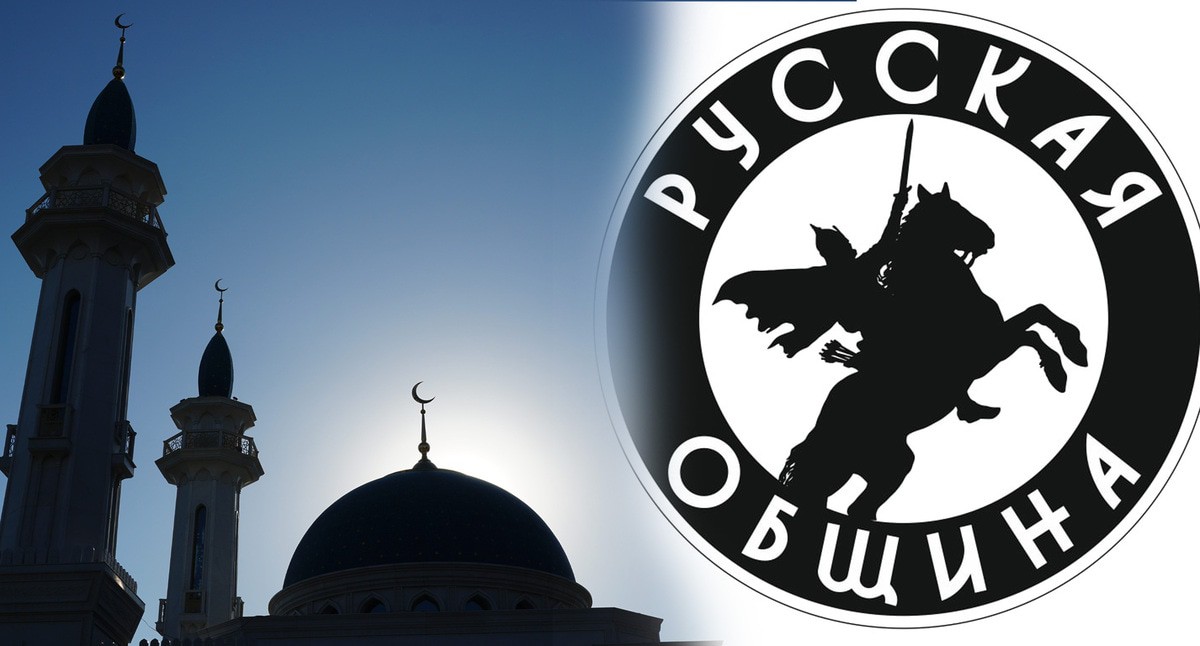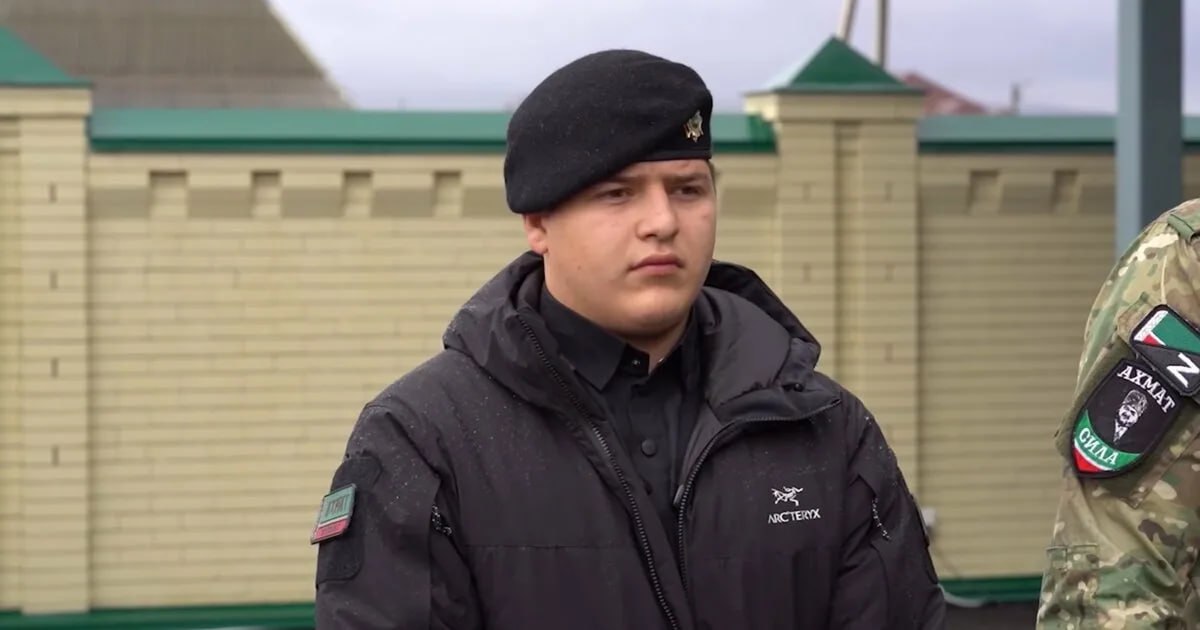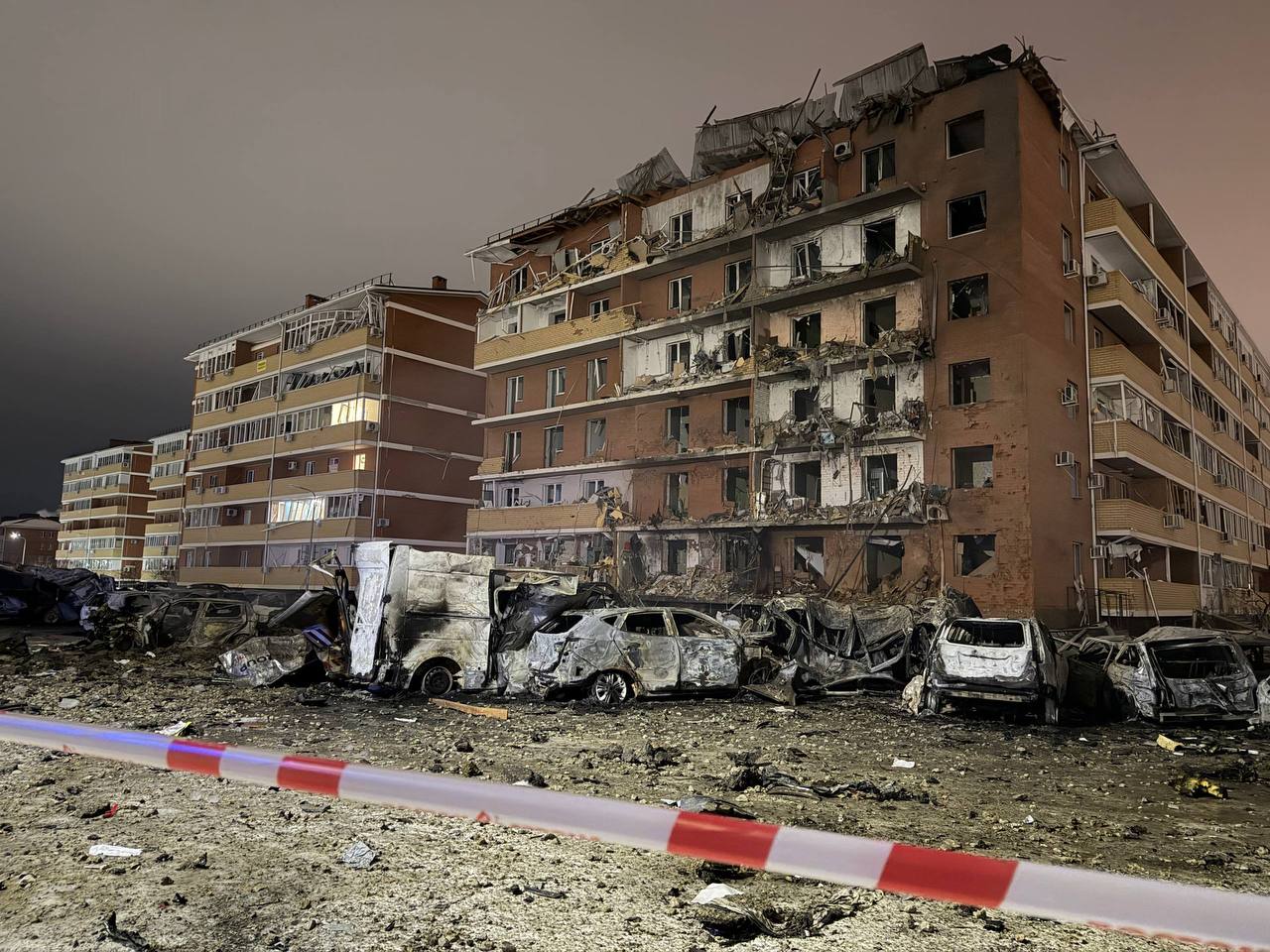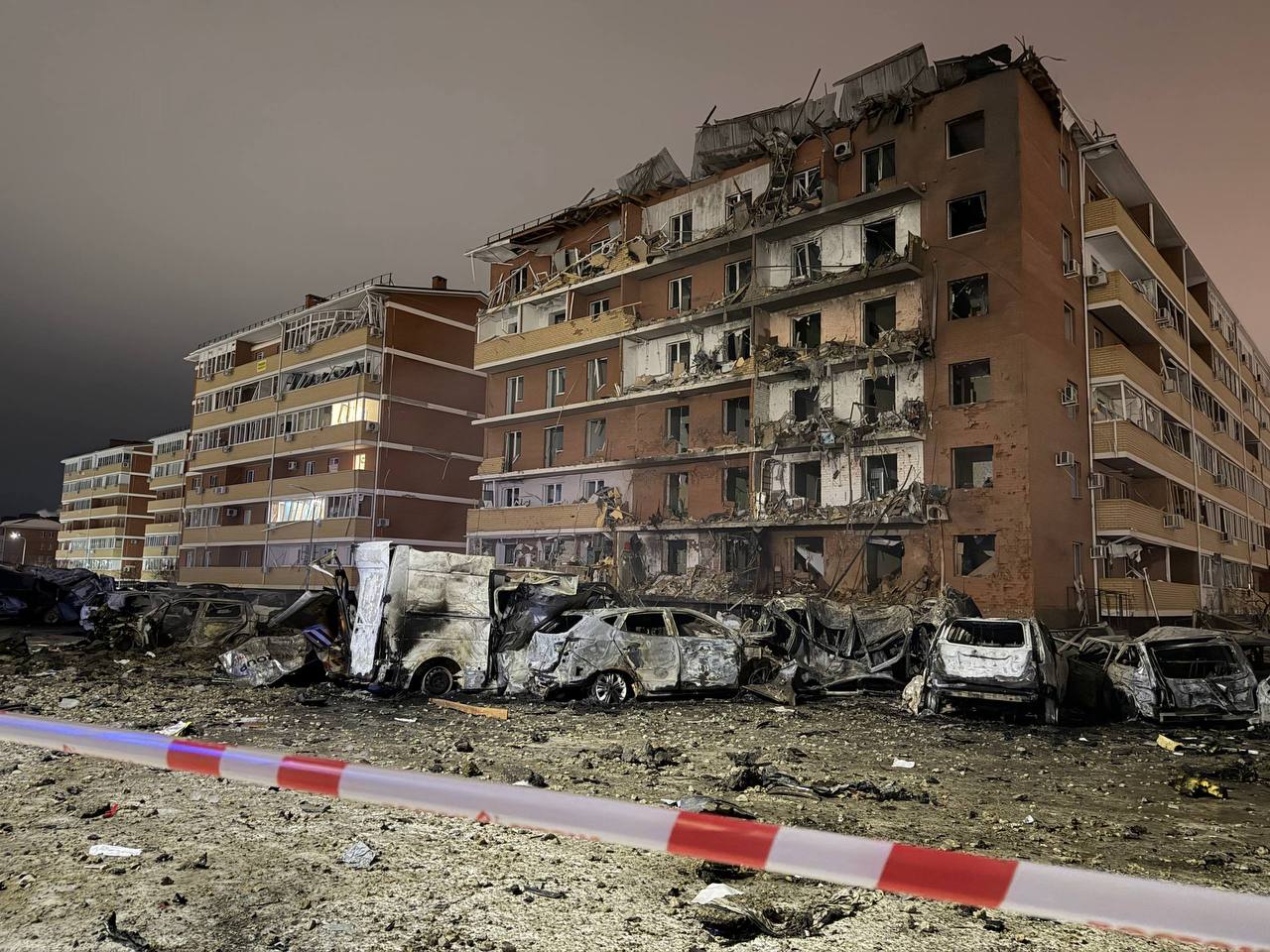The health of Adam Kadyrov, the son of Chechen leader Adam Kadyrov, who was injured in a traffic accident in Grozny, is improving, according to the Agency, citing sources close to the Russian presidential administration and the Chechen authorities.

The nationalist organization "Russian Community" stated that the "derussification of Russian toponymy" in Russia is a direct path to separatism and the disintegration of the country. The organization noted that Chechnya plans to rename villages in "originally Russian Cossack regions" that were transferred to Chechnya by the Bolsheviks as a result of the policy of "de-Cossackization and de-Russification of the North Caucasus." The statement emphasized that "these villages have never historically been part of Chechnya" and that "Russians, not Vainakhs, have always lived there."
As a reminder, the State Duma passed bills assigning new names to three cities in the Chechen Republic. According to them, the city of Sernovodskoye will be renamed Sernovodsk, the city of Shelkovskaya will be renamed Terek, and Naurskaya will be renamed Nevre.
State Duma deputy General Vladimir Shamanov also spoke out against the bill. "They're proposing to rename Cossack villages that have historical names. Not only did they kick out the Russian-speaking population, but now they're erasing their names," the general-deputy lamented at a Duma session. "This is the history of our state. What are you doing, I ask you?!" he demanded angrily.
Shamanov gained notoriety during both Russian-Chechen wars for the units of the 58th Army under his command, which were distinguished by their particular cruelty toward civilians, violations of the rights of the local population, and looting.
The far-right "Russian Community" emerged in 2020 and became active in 2024 amid anti-immigrant sentiment. It is known for its anti-migrant actions and xenophobia, and, according to some reports, may be connected to Russian security forces.



